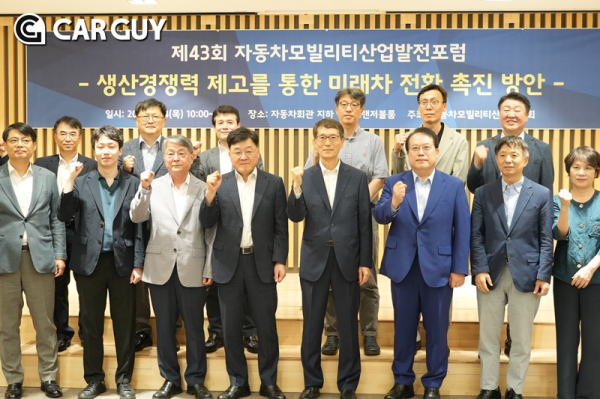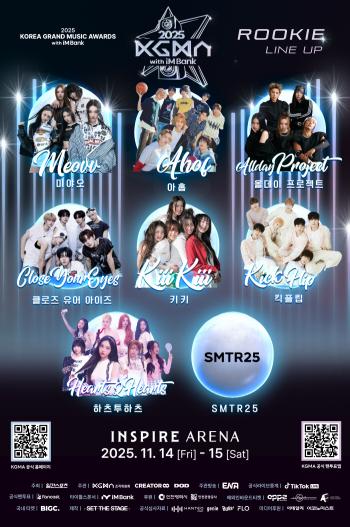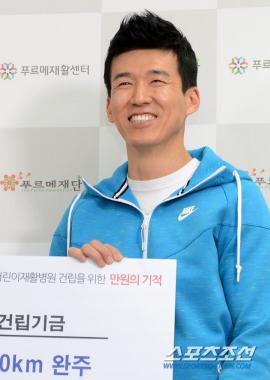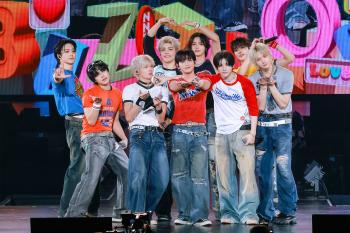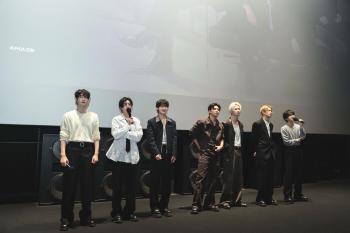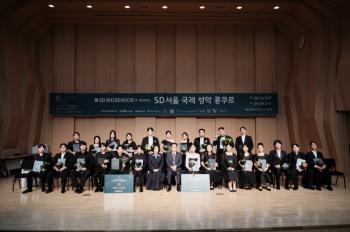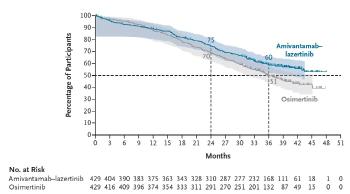The world's seventh largest automobile industry..Is U.S. Customs an All-Time Crisis
Jul 25, 2025
|
The Korea Automobile Mobility Industry Association (KAIA, Chairman Kang Nam-hoon) held the 43rd Automobile Mobility Industry Development Forum at the Grandeur Ballroom of the Seoul Automobile Center on the 24th under the theme of 「How to Promote Future Vehicle Transformation by Improving Productive Competitiveness」.
The forum was organized to examine the competitiveness of the automobile industry in the face of complex crises such as strengthening protection trade from the U.S. and decreasing demand for domestic cars to promote sustainable growth and future car conversion.
"Our auto industry is now facing the biggest crisis ever both internally and externally," said Kang Nam-hoon, chairman of the Korea Automobile Mobility Industry Association, in his opening remarks. "Exports to the U.S. fell 16.5% in the first half of this year due to high tariffs in the U.S. market, which accounts for more than half of all exports, and exports of electric vehicles plunged 88%."
"Europe is strengthening protection trade through the introduction of the Core Raw Materials Act and the Carbon Border Adjustment Tax (CBAM), and China occupies more than 60% of the global electric vehicle market and is quickly threatening our industry," he said.
Lee Hang-gu, a researcher at the Korea Automobile Research Institute who presented the first topic, diagnosed the structural crisis in the presentation of the theme "Changes and Response to the Environment inside and outside the automobile industry." He pointed out, "In the current situation where the 'triple transition' of electricalization, digitalization, and artificial intelligence convergence is taking place at the same time, the intensifying competition for technological hegemony between the U.S. and the spread of protectionism poses a direct threat to the Korean automobile industry, which is highly dependent on exports."
Korea, which was the world's fifth-largest automobile producer in the early 2010s, has recently fallen to seventh place in the world as of 2024 due to the rapid progress of emerging countries such as Mexico and India. Last year, domestic finished car production fell 2.7% year-on-year to 4.13 million units and overseas to 3.65 million units, accounting for 53.1% of domestic production.
In addition, domestic industries cited polarization due to the size gap between finished cars and parts industries, concentration of talent centered on the metropolitan area and outflow of overseas manpower, deteriorating competitiveness in self-driving technology, and sluggish software-oriented parts conversion as serious problems.
"The automobile industry has gone from Fordism (volume production, price competitiveness) to Toyotaism (flexible production), and in the Tesla era, R&D capabilities are becoming more important, focusing on electric-powered vehicles and autonomous vehicles," said Chung Man-ki, chairman of the Korea Federation of Industries Forum, in a presentation on the theme "Promoting Sustainable Growth and Future Vehicle Transformation by Improving Production Competitiveness." Major countries are responding to the transition of future cars based on their strengths, and in particular, Korea is in urgent need of a response to sluggish autonomous driving technology.
Proposals to overcome this included △ labor environment flexibility, △ software-oriented R&D transformation, △ global strategic base localization, △ innovation in self-driving vehicle demonstration and commercialization regulations, and △ private-led market revitalization.
Song Joon-young, head of Hyundai Mobis, introduced Hyundai Mobis' AI Transformation (AX) strategy in the R&D field to improve automobile mobility production competitiveness through the presentation of the theme "AX Strategy and Current Status in the R&D Sector for Improving Automobile Mobility Production Competitiveness" and presented examples of digital conversion and autonomous production systems at all process and factory levels beyond simple automation levels.
By introducing the AX strategy, Hyundai Mobis ultimately aims to reduce R&D costs by more than 50%, while dramatically innovating R&D capabilities using multimodal AI to secure a competitive advantage in the future mobility market, he explained.
presided over by Lee Jong-wook, a professor at Seoul Women's University, but Yonsei University professor, Kim Kyung-yu, head of the Korea Institute of Industrial Economics, and Oh Yoon-hwan, a researcher at the Institute for Science and Technology Policy, participated in the discussion.
In the discussion, Professor Lee Ji-man of Yonsei University said, "In this future vehicle transition period, restructuring the business structure of parts companies that produce traditional internal combustion engine parts and re-skilling for workers to change their jobs are emerging as very important tasks.
The introduction of smart factories to cope with uncertainties in the automobile industry environment is a golden opportunity to strengthen the competitiveness of Korean automobile production. The transition to smart manufacturing and AI manufacturing will improve unfavorable conditions such as wages, working hours, and labor supply and demand, said Kim Kyung-yu, head of the Korea Institute for Industrial Economics and Trade.
Oh Yoon-hwan, a researcher at the Institute for Science and Technology Policy, proposed the introduction of the 'Mother Factory' that serves as a technology hub and control tower to gather high-level manufacturing technology and quality know-how to spread to global production bases to innovate production competitiveness. This allows us to maintain our core technology leadership in the country and consistently maintain the quality and technical standards of our factories around the world through our Integrated Production Optimization System (Global Manufacturing OS)," it said.
The Korea Automobile Mobility Industry Association (KAIA) is an association of 11 organizations, including the Korea Automobile Mobility Industry Association (KAMA), the Korea Automobile Parts Industry Promotion Foundation (KAP), the Korea Automobile Research Institute (KATECH), the Korea Automobile Engineering Association (KSAE), the Korea Hydrogen Association (H2KOREA), the Korea Automobile Industry Association (KAMI), the Korea Electric Vehicle Industry Association (KEVIA), the Hyundai-Kia Cooperation Association, the Korea GM Cooperative Association, and KG Mobility Partners.
N2MT07||text parameter is needed (text 파라미터가 필요합니다.)
Editor Kim Tae-jin, tj.kim@carguy.kr
This article was translated by Naver AI translator.
